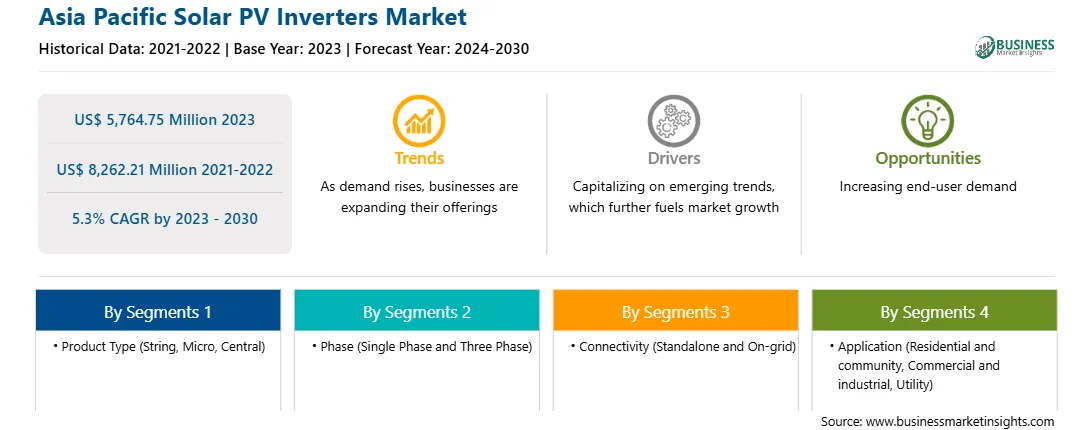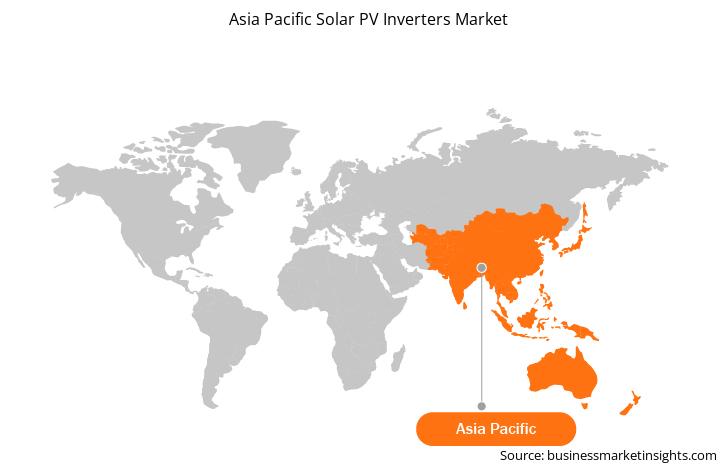Residential solar solutions can provide free, uninterrupted electricity for years while contributing to a greener environment. Residential solar rooftop systems are easy to install and require minimal maintenance. The electricity produced in excess can be sold to the grid through a net-metering facility, which help in reducing the electricity bills. With depleting fossil fuel reserves, accelerated environmental degradation, and pressure on the power generation infrastructure, several governments have taken various steps in the form of subsidies to accelerate the adoption of solar energy by providing residential solar solutions.
Residential solar power had its largest quarter in the history with 1.2 GW installed—a 30% increase year-over-year. As businesses realize the financial and environmental benefits of going solar, rooftop solar power witnessed nearly 13% of cumulative solar installation in India. Tata Power Solar company emerged as the top solar rooftop installer in India in 2020 accounting for 20% of the total rooftop installations in the country, according to Mercom's India Solar Market Leaderboard 2021. Therefore, the growing residential solar rooftop installations support the solar PV inverters market growth.
Asia Pacific, accounting for over half of the global population, is the largest producer and consumer of power in the world. China is showcasing its commitment to renewable energy. As per China's National Energy Administration, the country installed over ~48 GW of PV capacity in 2020. This PV capacity helps China maintain its leading position in the world, representing 33% of total global installations. The declining dominance of China in the global PV capacity market coincides with a record number of new countries installing a significant number of PV inverters. Most PV products or solar panels are installed in remote areas at huge solar farms that sell the generated energy to utilities. Satellite imagery showcases an upsurge in these large solar farms across China. The country’s drastic increase in solar power stems from the nation's need for electricity and the severe air pollution crisis. The government of China is encouraging financial institutions to provide incentives for solar installations.
Strategic insights for the Asia Pacific Solar PV Inverters provides data-driven analysis of the industry landscape, including current trends, key players, and regional nuances. These insights offer actionable recommendations, enabling readers to differentiate themselves from competitors by identifying untapped segments or developing unique value propositions. Leveraging data analytics, these insights help industry players anticipate the market shifts, whether investors, manufacturers, or other stakeholders. A future-oriented perspective is essential, helping stakeholders anticipate market shifts and position themselves for long-term success in this dynamic region. Ultimately, effective strategic insights empower readers to make informed decisions that drive profitability and achieve their business objectives within the market.

| Report Attribute | Details |
|---|---|
| Market size in 2023 | US$ 5,764.75 Million |
| Market Size by 2030 | US$ 8,262.21 Million |
| Global CAGR (2023 - 2030) | 5.3% |
| Historical Data | 2021-2022 |
| Forecast period | 2024-2030 |
| Segments Covered |
By Product Type
|
| Regions and Countries Covered | Asia-Pacific
|
| Market leaders and key company profiles |
The geographic scope of the Asia Pacific Solar PV Inverters refers to the specific areas in which a business operates and competes. Understanding local distinctions, such as diverse consumer preferences (e.g., demand for specific plug types or battery backup durations), varying economic conditions, and regulatory environments, is crucial for tailoring strategies to specific markets. Businesses can expand their reach by identifying underserved areas or adapting their offerings to meet local demands. A clear market focus allows for more effective resource allocation, targeted marketing campaigns, and better positioning against local competitors, ultimately driving growth in those targeted areas.

The Asia Pacific solar PV inverters market is segmented based on product type, phase, connectivity, application, capacity, and country. Based on product type, the Asia Pacific solar PV inverters market is segmented into string, micro, and central. The central segment held the largest market share in 2023.
Based on phase, the Asia Pacific solar PV inverters market is bifurcated into single phase and three phase. The three phase segment held a larger market share in 2023.
Based on connectivity, the Asia Pacific solar PV inverters market is bifurcated into standalone and on-grid. The standalone segment held a larger market share in 2023.
Based on application, the Asia Pacific solar PV inverters market is segmented into residential and community, commercial and industrial, and utility. The utility segment held the largest market share in 2023.
Based on capacity, the Asia Pacific solar PV inverters market is segmented into b5 kW, 5-15 kW, 15 -25 kW, 25 - 50 kW, and above 50 kW. The above 50 kW segment held the largest market share in 2023.
Based on country, the Asia Pacific solar PV inverters market is segmented into Australia, China, India, Japan, South Korea, and the Rest of Asia Pacific. China dominated the Asia Pacific solar PV inverters market share in 2023.
Power Electronics SL; Powerone Micro Systems Pvt Ltd.; Sineng Electric o Ltd.; SMA Solar Technology AG; Solaredge Technologies Inc; Hitachi Hi-Rel Power Electronics Pvt Ltd; Fimer SpA; Delta Electronics Inc.; EnerTech UPS Pvt Ltd; and GoodWe Technologies Co. Ltd are the leading companies operating in the Asia Pacific solar PV inverters market.
The Asia Pacific Solar PV Inverters Market is valued at US$ 5,764.75 Million in 2023, it is projected to reach US$ 8,262.21 Million by 2030.
As per our report Asia Pacific Solar PV Inverters Market, the market size is valued at US$ 5,764.75 Million in 2023, projecting it to reach US$ 8,262.21 Million by 2030. This translates to a CAGR of approximately 5.3% during the forecast period.
The Asia Pacific Solar PV Inverters Market report typically cover these key segments-
The historic period, base year, and forecast period can vary slightly depending on the specific market research report. However, for the Asia Pacific Solar PV Inverters Market report:
The Asia Pacific Solar PV Inverters Market is populated by several key players, each contributing to its growth and innovation. Some of the major players include:
The Asia Pacific Solar PV Inverters Market report is valuable for diverse stakeholders, including:
Essentially, anyone involved in or considering involvement in the Asia Pacific Solar PV Inverters Market value chain can benefit from the information contained in a comprehensive market report.